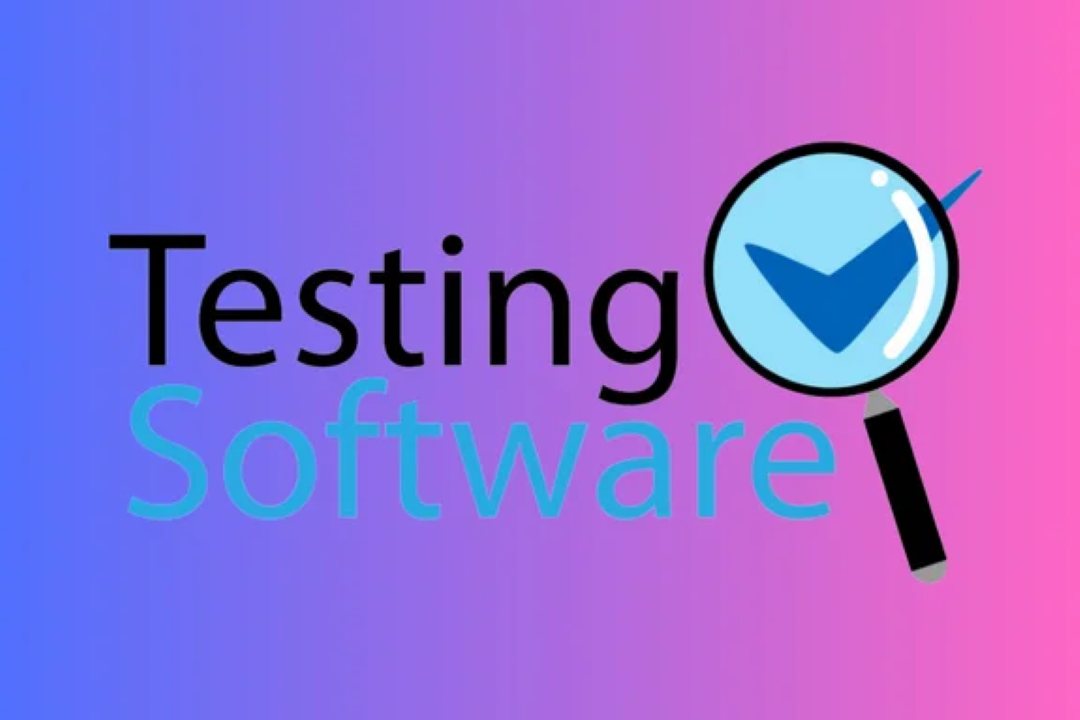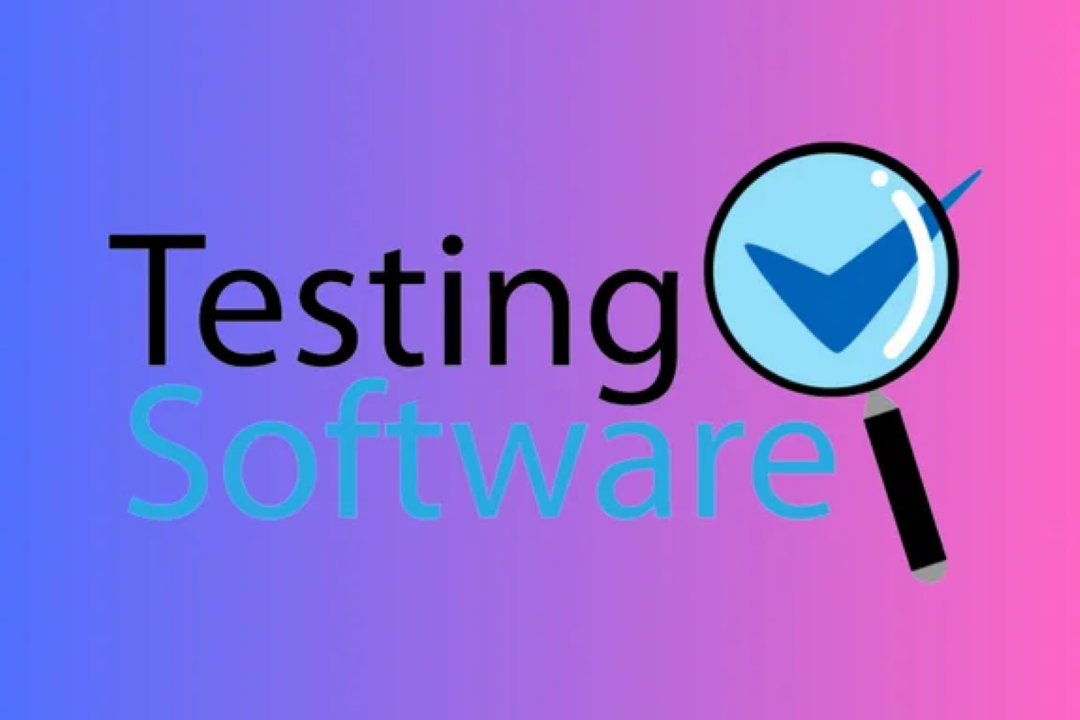Mobile Capability Testing Selenium Appium
Mobile capability testing with Selenium and Appium involves evaluating mobile applications to ensure
Mobile Capability Testing Selenium Appium
Mobile capability testing with Selenium and Appium is essential for ensuring that mobile applications perform reliably across diverse devices and operating systems. By leveraging Selenium's web automation features alongside Appium's mobile testing capabilities, organizations can effectively streamline their testing processes, identify discrepancies, and elevate user experience. This dual approach not only enhances the accuracy of testing but also reduces time-to-market, enabling businesses to deliver high-quality applications that meet users' expectations. Consequently, investing in mobile capability testing is vital for maintaining a competitive edge in today's mobile-driven market.
To Download Our Brochure: https://www.justacademy.co/download-brochure-for-free
Message us for more information: +91 9987184296
Mobile capability testing with Selenium and Appium is essential for ensuring that mobile applications perform reliably across diverse devices and operating systems. By leveraging Selenium's web automation features alongside Appium's mobile testing capabilities, organizations can effectively streamline their testing processes, identify discrepancies, and elevate user experience. This dual approach not only enhances the accuracy of testing but also reduces time to market, enabling businesses to deliver high quality applications that meet users' expectations. Consequently, investing in mobile capability testing is vital for maintaining a competitive edge in today's mobile driven market.
Course Overview
The “Mobile Capability Testing with Selenium and Appium” course offers a comprehensive introduction to the methodologies and tools used in mobile application testing. Participants will learn how to effectively utilize Selenium for web-based applications and Appium for native and hybrid mobile applications, focusing on real-time project scenarios. The course covers essential topics such as setting up testing environments, creating test scripts, implementing cross-platform testing strategies, and troubleshooting common issues. By the end of the course, learners will possess the skills to ensure app functionality and user experience across various devices and operating systems, significantly enhancing their mobile testing capabilities.
Course Description
The ‘Mobile Capability Testing with Selenium and Appium’ course provides an in-depth exploration of mobile application testing, focusing on leveraging Selenium for web applications and Appium for native and hybrid mobile apps. Participants will learn to set up optimal testing environments, create and execute automated test scripts, manage device and operating system compatibility, and apply best practices for efficient testing. Through real-time projects, this course equips learners with practical skills to identify and address mobile application issues, ensuring high performance and user satisfaction across different platforms and devices. Perfect for aspiring QA professionals, this training emphasizes hands-on experience to prepare participants for the demands of the mobile testing landscape.
Key Features
1 - Comprehensive Tool Coverage: Provides hands-on training with a range of industry-standard testing tools, including Selenium, JIRA, LoadRunner, and TestRail.
2) Practical Exercises: Features real-world exercises and case studies to apply tools in various testing scenarios.
3) Interactive Learning: Includes interactive sessions with industry experts for personalized feedback and guidance.
4) Detailed Tutorials: Offers extensive tutorials and documentation on tool functionalities and best practices.
5) Advanced Techniques: Covers both fundamental and advanced techniques for using testing tools effectively.
6) Data Visualization: Integrates tools for visualizing test metrics and results, enhancing data interpretation and decision-making.
7) Tool Integration: Teaches how to integrate testing tools into the software development lifecycle for streamlined workflows.
8) Project-Based Learning: Focuses on project-based learning to build practical skills and create a portfolio of completed tasks.
9) Career Support: Provides resources and support for applying learned skills to real-world job scenarios, including resume building and interview preparation.
10) Up-to-Date Content: Ensures that course materials reflect the latest industry standards and tool updates.
Benefits of taking our course
Functional Tools
1 - Selenium: Selenium is a widely used open source testing framework for web applications that also supports mobile browsers. It allows testers to write test scripts in various programming languages such as Java, C#, and Python. This flexibility enables students to automate testing efficiently on mobile web applications. Through Selenium WebDriver, users can interact with mobile browser elements, simulating real user interactions. The ability to run tests on different platforms, including Android and iOS, enhances the versatility of Selenium in mobile testing environments.
2) Appium: Appium is an open source tool specifically designed for mobile application testing. It supports native, hybrid, and mobile web applications across both Android and iOS platforms. Appium allows automation using multiple programming languages, enabling students to automate interactions with mobile user interfaces seamlessly. Adding to its appeal, it leverages the Selenium WebDriver API for interacting with mobile applications, offering a familiar environment for those already acquainted with Selenium. Students will learn to configure Appium with the appropriate emulators and real devices, ensuring comprehensive testing coverage.
3) TestNG: TestNG is a testing framework inspired by JUnit but with added functionalities such as data driven testing, parallel execution, and dependency test management. It allows testers to structure test cases effectively and execute them in a more organized manner. Using TestNG in conjunction with Selenium and Appium, students can manage complex test scenarios effortlessly, understand test priorities, and generate detailed reports quickly. This framework enhances the overall testing process, making it easier for students to evaluate application performance and stability.
4) JUnit: JUnit is another popular testing framework that integrates well with Selenium and Appium, particularly for Java based applications. It provides annotations and assertions that make the test creation process efficient and straightforward. Students will learn to leverage JUnit’s capabilities to structure their test suites and execute tests systematically. Its support for test fixtures and repeatable tests enables a structured approach to mobile testing, which is crucial in managing large scale applications and regression testing.
5) Appium Desktop: Appium Desktop is a graphical user interface tool that provides easy access to Appium server management and allows users to inspect mobile applications. Students can utilize this tool to visualize the app’s UI elements and understand the structure of the app being tested. The inspector feature helps in identifying element locators and attributes quickly, allowing for precise automation scripting. This hands on tool is beneficial for students who are new to mobile testing, as it simplifies the process of interacting with mobile apps during test case development.
6) BrowserStack: BrowserStack is a cloud based testing platform that enables users to test mobile and web applications across a multitude of real devices. By using BrowserStack, students can access a vast array of device configurations and operating systems without needing physical equipment. This tool allows for seamless live testing and automated script execution, providing insights into how applications perform on various platforms. The capability to conduct cross browser testing ensures that students can validate app functionality and appearance across different environments, which is vital for delivering high quality mobile applications.
7) XCTest: XCTest is a testing framework specifically designed for iOS applications and is integrated with the Xcode development environment. It allows students to write unit and UI tests for their iOS apps in Swift or Objective C. By mastering XCTest, students can understand how to test the functionality of various components within an iOS application. The framework includes a wide range of assertions and can be used in combination with XCUITest for UI testing, ensuring a comprehensive approach to app validation.
8) Espresso: Espresso is a fast and powerful tool for Android UI testing, included as part of the Android Testing Support Library. It is known for its user friendly API that allows for easy synchronization with the app's UI thread. Students will learn to write concise and reliable tests for their Android applications using Espresso, which helps in automating user interactions and verifying app behavior. The framework also supports advanced features like advanced view matching, making it ideal for creating thorough and robust test scenarios.
9) Robot Framework: Robot Framework is an open source automation solution that employs a keyword driven testing approach. This versatility makes it suitable for testing mobile apps due to its ability to extend through libraries in languages like Python and Java. Students can utilize Robot Framework to design tests in a more readable format, which enhances collaboration between testers and non technical stakeholders. The framework's integration capabilities with tools like Appium allow students to create comprehensive test automation suites that encompass both functional and non functional testing.
10) Katalon Studio: Katalon Studio is an all in one testing solution that supports mobile, web, API, and desktop testing. Its intuitive interface allows students to automate tests quickly without needing advanced programming knowledge. With built in keywords and functionalities for mobile testing, students can easily implement Appium scripts within Katalon. Additionally, Katalon Studio's reporting capabilities help students analyze test results effectively, paving the way for informed decision making in the QA process.
11 - Cucumber: Cucumber is a tool for behavior driven development (BDD) that allows for the writing of tests in a human readable format using Gherkin syntax. This approach enhances collaboration among stakeholders, promoting a shared understanding of the testing requirements. Students will learn how to write test scenarios that describe the expected behavior of mobile applications, which can be automated using Appium or other frameworks. Cucumber's integration with various testing tools supports a structured and effective testing methodology.
12) Postman: While primarily a tool for API testing, Postman plays a crucial role in mobile application development, especially when interacting with back end services. Students can learn to automate API tests to ensure that mobile applications communicate correctly with servers. Postman's ability to create and run complex API requests quickly allows for efficient testing of service endpoints. Integrating Postman with automated mobile tests ensures a comprehensive testing approach, validating both front end and back end components of applications.
13) Firebase Test Lab: Firebase Test Lab is a cloud based app testing infrastructure that allows students to test their Android and iOS applications on various devices and configurations. By utilizing this platform, students can automate their tests in a scalable environment and obtain detailed reports on the performance and stability of their apps. The immediate feedback loop provided by Firebase Test Lab helps in identifying issues early in the development lifecycle, ensuring a smoother production release.
14) Mocking and Dependency Injection: Understanding mocking and dependency injection is crucial for creating effective unit tests in mobile applications. Students will learn to utilize frameworks like Mockito or Dagger, which help in breaking dependencies between app components, allowing for isolated testing of units. By mastering these concepts, students can write more maintainable and testable code, which ultimately leads to higher quality mobile applications.
15) Continuous Integration/Continuous Deployment (CI/CD): Integrating CI/CD practices in mobile app development enhances testing efficiency. Students will learn about tools like Jenkins, GitHub Actions, and CircleCI that facilitate automated test execution as part of the build process. Understanding CI/CD pipelines ensures that testing is an integral part of the development workflow, allowing for quicker feedback and iterative improvement of mobile applications, which is essential in today’s fast paced development environment.
Browse our course links : https://www.justacademy.co/all-courses
To Join our FREE DEMO Session:
This information is sourced from JustAcademy
Contact Info:
Roshan Chaturvedi
Message us on Whatsapp: +91 9987184296
Email id: info@justacademy.co










